The futurist sat down with Neil deGrasse Tyson to discuss what it means to think and create in a near-future where knowledge and expertise are downloadable.
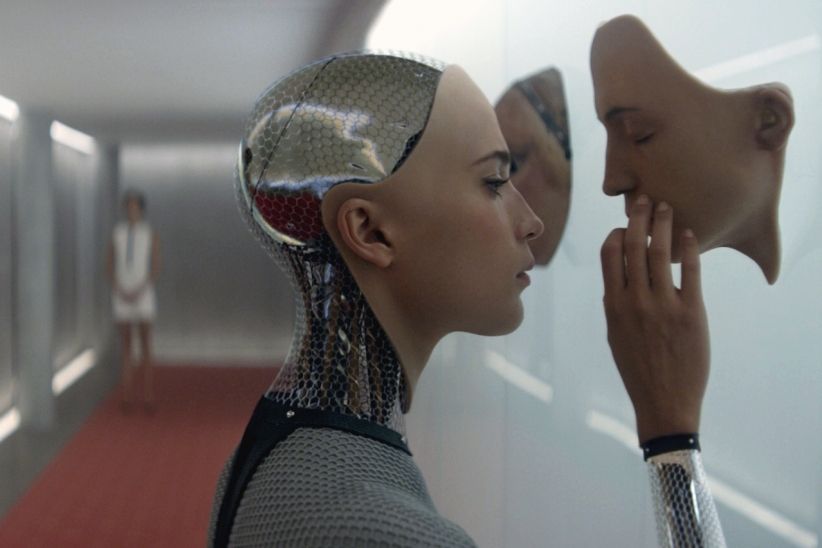

Futurist Ray Kurzweil talks with StarTalk Radio’s Neil DeGrasse Tyson about the expansion of the human brain that he predicts will happen in the 2030’s.
Subscribe for more videos like this: http://bit.ly/1GpwawV
Facebook: http://facebook.com/92ndStreetY
Twitter: https://twitter.com/92Y
Tumblr: http://92y.tumblr.com/
Instagram: http://Instagram.com/92ndStreetY
Vine: https://vine.co/92Y
On Demand: http://www.92yondemand.org
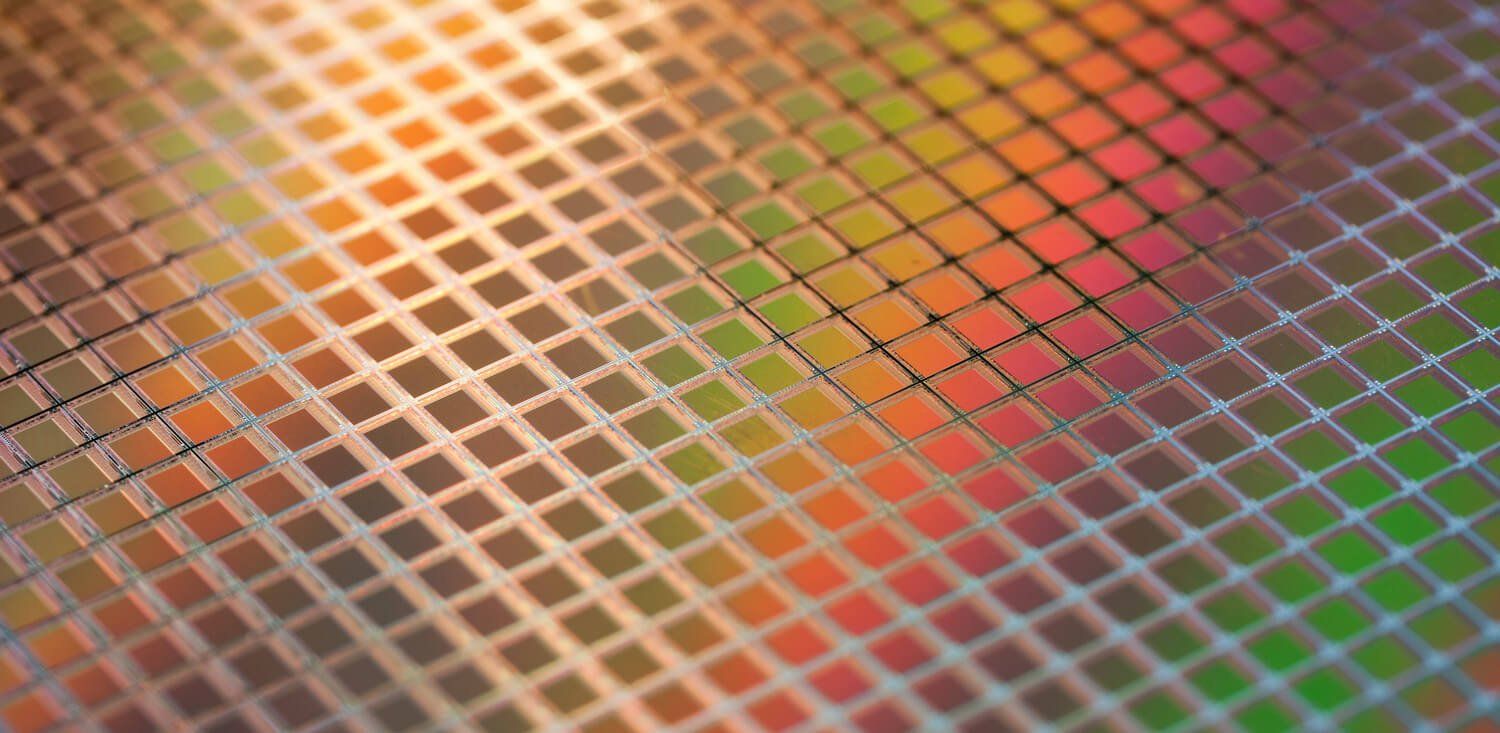
“A common challenge to the ideas presented in this book is that these exponential trends must reach a limit, as exponential trends commonly do.” –Ray Kurzweil, The Singularity Is Near
Much of the future we envision today depends on the exponential progress of information technology, most popularly illustrated by Moore’s Law. Thanks to shrinking processors, computers have gone from plodding, room-sized monoliths to the quick devices in our pockets or on our wrists. Looking back, this accelerating progress is hard to miss—it’s been amazingly consistent for over five decades.
But how long will it continue?
At this rate, we may see Ray Kurzweil’s vision of connected humans to the cloud and full singularity before 30 years.
Duke University scientists have given a pair of monkeys the ability to drive a wheelchair with their thoughts alone. The work is described in a paper recently published in the journal Scientific Reports and adds to a growing body of work in brain-machine interfaces aiming to return some freedom to the severely disabled.
Duke neuroscientist Miguel Nicolelis and his team first began experimenting back in 2012, when they implanted hundreds of microfibers as thin as a human hair in the brains of two rhesus macaque monkeys. The fibers recorded cortical activity associated with “whole-body movement” and sent the signals to a computer.
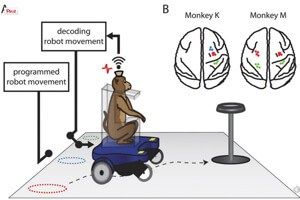 To start, the monkeys sat in wheelchairs that were moved along various paths toward a bowl of grapes across the room. Their brain activity was read and decoded by a computer program and then associated with wheelchair commands.
To start, the monkeys sat in wheelchairs that were moved along various paths toward a bowl of grapes across the room. Their brain activity was read and decoded by a computer program and then associated with wheelchair commands.
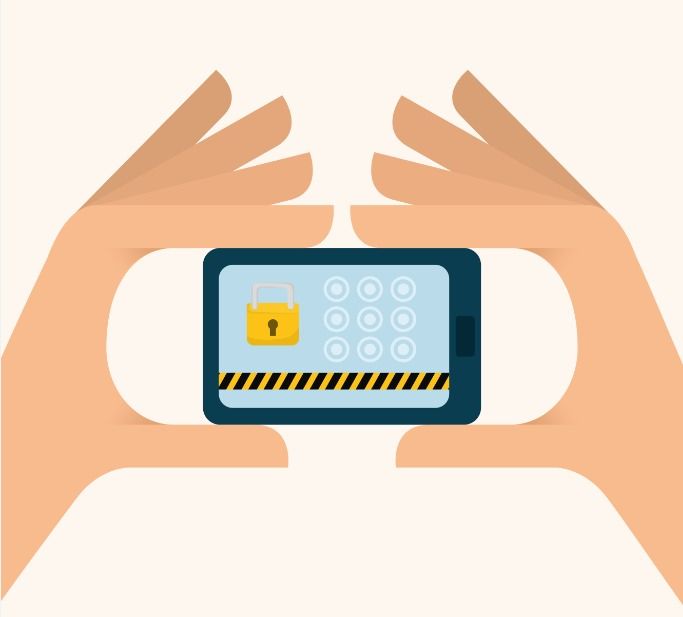 Dear readers,
Dear readers,
My son Ethan Kurzweil — who is a partner at Bessemer Ventures Partners — tracks the future of web innovation, social and legal concerns about privacy, and start-ups who have an edge with their business or consumer applications, like team sourcing or software-as-a-service.
He appeared on C • NBC business affairs show Power Lunch. Episode debated the recent news about the US government and law enforcement asking Apple to release private data on an iPhone used by terrorists.
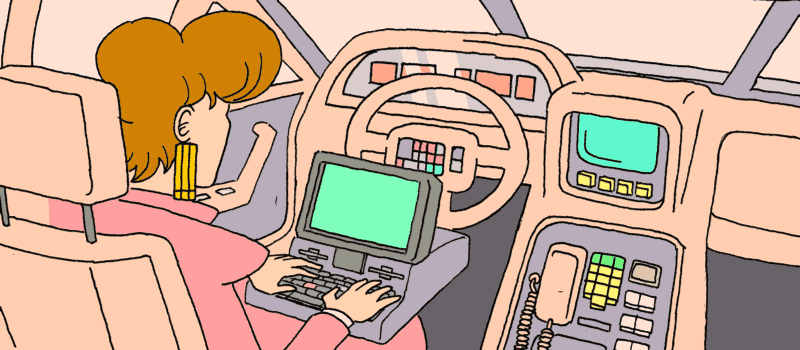
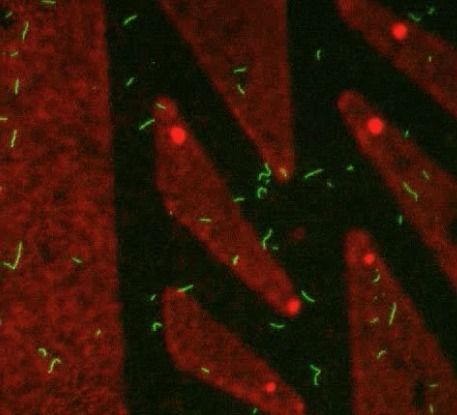
I am glad to see this article publish because it expresses well how technology and biological properties can be intertwined and advance collectively together. It will take this type of an approach to provide the foundation that is needed to enable the future visions that Kurzweil and others have shared around Singularity.
2 decades ago, Lucent experimented with the cells from fish to see how they could enable digital transmission through their experiments. They had some small successes; however, it never fully matured. Today, however, with Quantum we will finally see the advancements in technology, medicine, and science that many have only dreamed about or read from books or saw in movies.
Biological systems can explore every possible solution rapidly.
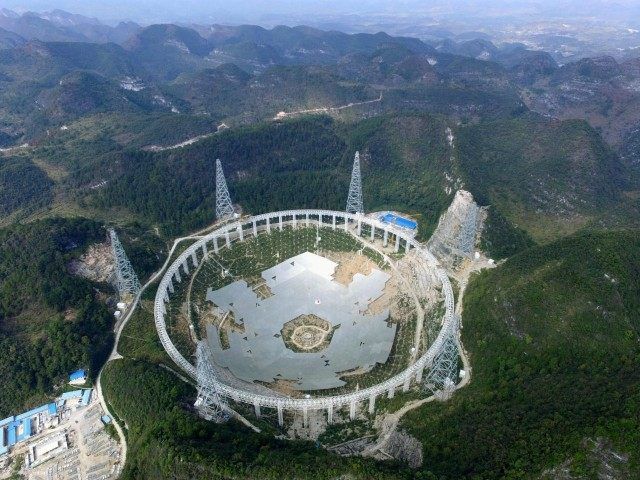
This story reminds me of the building of ancient pyramids in Egypt as well as the building of ancient temples and cities in Mexico and India.
China has relocated 9K people to build their new giant telescope — in 2000 years from now the robots and Ray Kurzweil (who plans never to die) will be looking at the ancient telescope. And, Ray (the grand earth historian) can tell them all about the process and the reason why it was built.
The Chinese government plans to relocate some 9,000 people to make space for the world’s largest radio telescope. Photo: ChinaPhotoPress.
A video about how fast technological progress is going, how much technology has improved the world and the potential for technology to solve our most pressing challenges. Inspired in part by the book Abundance by Peter Diamandis and Steven Kotler, and by the video “Shift Happens 3.0” (also known as “Did You Know”) by Karl Fisch and Scott McLeod: https://www.youtube.com/watch?v=cL9Wu2kWwSY
Among the things mentioned are developments and possibilities within information technology, biotechnology, nanotechnology and artificial intelligence. The video also touches upon how several of these developments are exponential, but it does not get into the realm of technological singularity and the thoughts of people such as Ray Kurzweil, which is the topic of some of my other videos.
The guy who is speaking at the end is Peter Diamandis. The whole talk can be seen here: https://www.youtube.com/watch?v=1KxckI8Ttpw
SOURCES AND JUSTIFICATION FOR CLAIMS
http://howisearth.wordpress.com/2012/08/12/did-you-know-the-…you-think/
MUSIC
“I can´t stop” (the title does not really come as a shock) by Flux Pavilion. Thank you Flux!
If you like it you could, if you want to, buy it here: http://itunes.apple.com/gb/album/i-cant-stop-single/id510073535 or some other place.
“I believe our civilization is going to be vastly more intelligent in the decades ahead,” Kurzweil told Time. “You can argue how we got here, but we are the species that goes beyond our limitations. We didn’t stay on the ground. We didn’t stay on the planet. Our species always transcends.”
The famous inventor and tech pundit shares a few words on why he thinks humans will soon live forever.